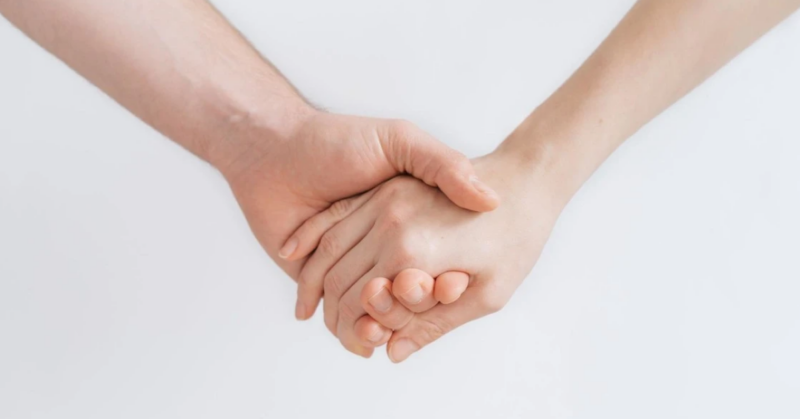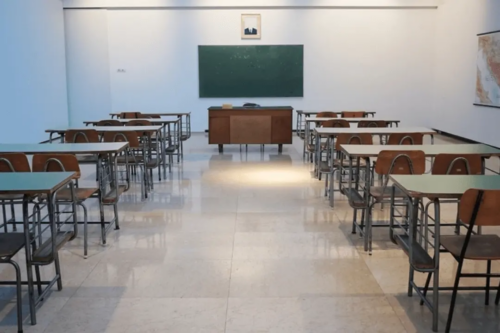
Table of Contents
Tips for Young People with ADHD
Written By: Charlie Health Editorial Team
September 5, 2022
5 min.
Living with ADHD is never easy. If you're feeling overwhelmed, Charlie Health has some of the best tips for managing ADHD through adolescence and young adulthood.
Learn more about our Clinical Review Process
Table of Contents
It’s no secret that adulthood can be full of change—change that seems so dramatic it feels more like a roller coaster ride than normal growth. Throughout these years, you might struggle with peer pressure, anxiety, and other mental health challenges—and that’s completely normal. But if you’re constantly forgetting important assignments, losing textbooks, or fidgeting in class, you may have attention deficit hyperactivity disorder (ADHD).
Living with ADHD isn’t easy, but there are several resources to help young people with ADHD become the best versions of themselves. Whether you’re feeling overwhelmed or just need some extra support, here are some of the best tips for managing ADHD through adolescence and adulthood.
1. Use tools to stay organized and limit distractions.
Without the right academic support, young adults with ADHD tend to have lower grades and scores on standardized tests. But there’s good news: with a wide variety of organizational tools available to help you stay organized, the ability to focus on studying and minimize distractions is more accessible than ever.
Even small changes can transform your daily life. Here are some simple (but realistic) tips to help you manage ADHD symptoms, create a routine, and improve your quality of life.
- Set timers when you’re making decisions. Even if you’re making a simple decision, it’s easy to lose track of time. You might spend days agonizing over minor decisions that other people can make in minutes, but you can save time (and fight analysis paralysis) by setting a timer for decision-making. For example, if you’re choosing what to eat for a snack, set a deadline of 30 minutes, and make the best choice you can by that time.
- Use index cards to make to-do lists. If you’re jotting down to-do’s in your notebook or daily planner on a daily basis, you might feel overwhelmed by a long list of important tasks. Instead, use big letters to make a to-do list on an index card. Whenever possible, limit your daily to-do’s to five tasks to make sure you get everything done. Once you complete your checklist, create a new list and discard the old one.
- Get a “clutter companion.” If you’re dealing with unnecessary clutter, try asking a (nonjudgmental) friend or family member to help you declutter. Every few weeks (or months), you can meet with your clutter companion to sort your clutter into three piles: “keep,” “toss,” and “donate.” Organize the “keep” items so they’re not taking up extra space. Discard the “toss” items before you have the chance to change your mind. Place the “donate” items into garbage bags and drive them to your nearest donation center.
2. Surround yourself with a strong support system.

Whether you’re just noticing the symptoms of ADHD or you’ve already been diagnosed, it’s important to surround yourself with a strong support system. Your friends, family, teachers, and mentors should provide encouragement and help you find strength—even if you’re feeling low.
If you’re not sure where to start, try working with an ADHD coach or mentor. Mentors can help young adults with ADHD define what success looks like, whether you’re setting goals for high school, applying to college, or navigating your first job. A peer mentor can listen to your ideas and let you know if they need some fine-tuning.
In addition to peer mentors, support groups help adolescents, teens, and young adults connect with other people in similar situations. It’s not always easy to talk about your personal feelings, especially when your friends and family members don’t seem to understand. Through support groups and group sessions for ADHD, you can air your frustrations, learn healthy coping strategies, and make lifelong connections with other group members—all in a safe, confidential environment.
3. Recognize your limits.
Between school assignments, studying, working, and maintaining a social life, it’s easy to fill your schedule with an endless list of tasks. Pushing yourself can help you achieve new goals, but it’s important to recognize your limits and avoid multitasking when you’re feeling overwhelmed.
Whether you’ve had ADHD your entire life or you just received a diagnosis, you know your neurological stamina better than anyone, and you recognize what you can and cannot handle.
It’s OK to say “no” if you can’t take on any new tasks. When you know your limits, you can slowly start pushing them to see if you can achieve more than you initially thought. The key is to avoid pushing yourself so far that you can’t do anything at all.
4. Take care of your physical health.
Your mental health is important at every stage of life—but your physical health matters, too. Make sure you’re getting enough sleep, eating a balanced diet, and making regular exercise part of your daily routine. If you have trouble planning meals, try creating a rotating menu with healthy meals that you can cook easily. Keep these ingredients on hand so you can prepare meals without worrying about the extra hassle.
Meanwhile, exercise can help you fight boredom and connect with others. Research shows that regular physical activity can help manage ADHD symptoms. At the very least, it can help you channel extra energy and endorphins to boost your mood.
If you’re not sure where to start, consider joining an exercise class or team sports. Through group exercise, you’ll work together with other people, work toward goals, and feel better about yourself. Activities like yoga and martial arts are ideal for young people with ADHD because they offer opportunities to memorize movements.
5. Share (and celebrate!) your successes.

What did you accomplish last week? Where did you fall short? With ADHD, it can be tempting to focus more on what you did wrong than what you did right—and that’s completely normal. Maybe you’re not used to celebrating your victories (like acing an important exam or finishing paperwork), but it’s important for your mental health. But you deserve it! Take a picture, post it on social media, or send it to your closest friends. And if you don’t feel comfortable sharing these successes with your friends or family, you can always talk about them with your therapist.
Make sure to recognize your victories, no matter how small, to drive you on to your next success. Think about it: when you celebrate your accomplishments, you build up your self-esteem. At the end of the day, self-efficacy can give you the confidence you need to take on bigger goals.
Contact Us
Navigating adulthood with ADHD can feel overwhelming, but it doesn’t have to be. At Charlie Health, our virtual intensive outpatient program (IOP) combines individual therapy, supported groups, and family therapy to create a personalized treatment plan based on your unique mental health needs. Our clinicians are here to answer your questions, discuss your treatment options, and help you manage ADHD.





